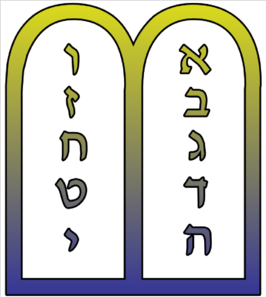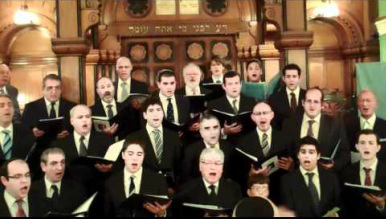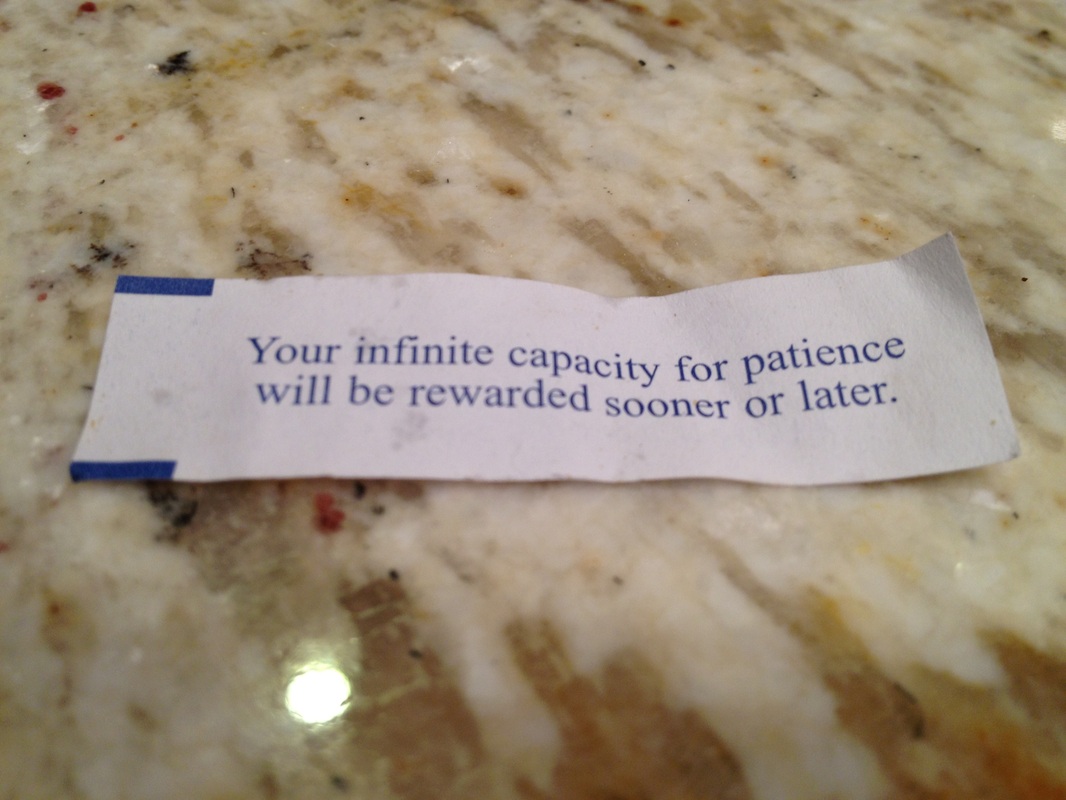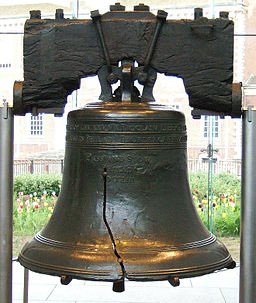| The big news in the Jewish world this week is the decision by Israel's Attorney General, Yehuda Weinstein, to grant government funding to non-Orthodox rabbis. The ruling came in a case brought by Kibbutz Gezer, affiliated with the Reform Movement, and its spiritual leader, Rabbi Miri Gold. Rabbi Gold will become the first non-Orthodox rabbi to receive the state funding that is a mainstay for religious leaders in Israel's Orthodox communities. |
The significance of the victory should not be overstated. This is a first step. For the time being, the victory is largely symbolic. Yet, it does show that Israel may be getting ready, slowly, to break the monopoly on Jewish religious legitimacy that the Orthodox have held—and ferociously defended—since the founding of the state.
That monopoly has resulted in a bizarre fact: Israel is the only western-style democracy that discriminates against the religious freedoms of Jews. Reform and Conservative rabbis in Israel are not permitted to officiate at weddings. Their authority to authorize conversions to Judaism is extremely limited. Non-Orthodox Jews in Israel routinely travel out of their own country to get married, because the only Jewish marriages recognized by the Israeli government are those that are sanctioned by Orthodox rabbis.
What would we say if such discrimination against Jews existed in any other country?
Those who defend this system state that only a small fraction of Israeli Jews identify with the non-Orthodox movements. That point conveniently ignores the fact that the biggest impediments to the growth of non-Orthodox Judaism in Israel are the legal restrictions that non-Orthodox Jews face in practicing their religion. How fast would Reform and Conservative Judaism grow in Israel if liberal rabbis were given the same authority and legitimacy they enjoy in every other democratic country? No wonder the Orthodox rabbinate has worked so hard against the recognition of non-Orthodox rabbis and no wonder they speak so viciously against non-Orthodox Judaism.
Members of the Israeli Knesset from the Ultra-Orthodox parties have not minced words in denouncing the Attorney General's decision. Knesset Member Moshe Gafni of United Torah Judaism was quoted as saying that Reform and Conservative rabbis are "clowns." Another MK, Nissim Zeev of the Shas Party called non-Orthodox rabbis, "People who falsify the Torah." He said, "This is the beginning of the destruction of the Jewish people in the Land of Israel."
You heard it here, folks. Forget the Iranian nuclear threat. Instead, watch out for those Reform rabbis.
Sarcasm aside, there is definitely a joyful side to this news. It offers us a glimmer that change is coming. Judaism is a tradition of liberation, not constriction, and the true character of the Jewish faith is bound to emerge eventually. The overwhelming majority of Israeli Jews already reject the tyranny of the Orthodox rabbinical establishment. Given the opportunity to rediscover Judaism in a non-coercive setting—one that treats men and women equally and encourages each person to make his or her own choices in observing Jewish tradition—it is inevitable that many Israeli Jews will find spiritual succor in the non-Orthodox movements.
Rabbi Gold has stepped through a door. Many will follow her.
Other Posts on This Topic:
The Problem with Certainty










 RSS Feed
RSS Feed
